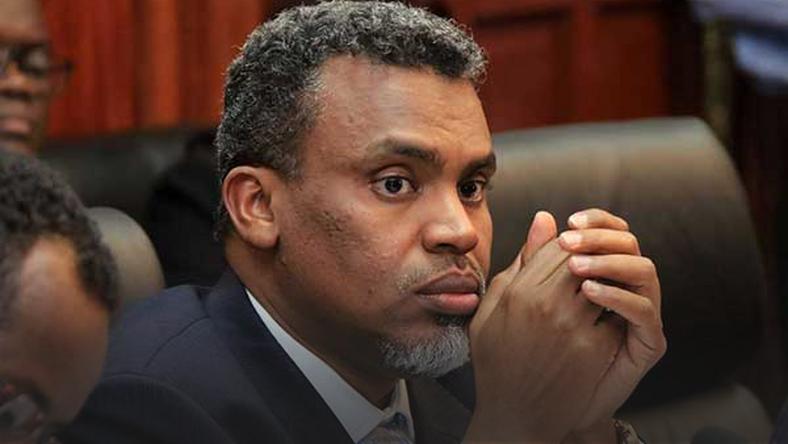The Kenya National Private Security Workers Union has written to Director of Public Prosecutions Noordin Haji asking him to investigate claims that a private security company is exploiting its employees.
In a letter also copied to the Director-General of the Public Procurement Regulatory Authority, Dr James Gathii, and Police Inspector-General Hillary Mutyambai, the union’s General-Secretary Isaac Andabwa accused Victory Security Consultants Ltd of failing to remit statutory deductions as required by law.
The letter urged the DPP to debar the company “for alleged breach of employment, tax and other statutory laws”.
But Victoria Security Consultants Director Enock Makanga dismissed the claims, saying his employees were well paid. He said the union should instead lobby for better pay from employers.
“I pay them according to what I get. I know of some companies that pay as low as Sh8,000,” he said. He said he remits the deductions and charged that Mr Andabwa was obsessed with fighting “small companies”.
Mr Andabwa claimed that the company had not been vetted and that its directors were withdrawing large sums of money over the counter contrary to the provisions of Proceeds of Crime and Anti-Money Laundering Act.
Mr Andabwa said the move was a ploy to conceal financial impropriety or to evade tax. Mr Makanga, however, laughed off the allegations, saying the union should table their evidence.
The union also accused the company of employing and paying guards below the stipulated minimum wage, denying employees payslips and leave days as well as arbitrary dismissals. Private security workers appeared before Parliament last month and among the issues raised were non-remittance of statutory deductions and arbitrary dismissals.
But Mr Makanga said the union should appreciate the critical role he plays by “creating jobs”. He said his company employs more than 250 security guards.
When he appeared before the National Assembly’s Committee on Delegated Legislation, Interior PS Karanja Kibicho said the 2019 Private Security (General) Regulations, which come into effect on January 5, 2020, would address the concerns raised by private guards.
The union told the panel that security firms collect millions of shillings from clients but pay their contracted guards peanuts.
It claimed that it received more than 200 cases this year involving expectant guards who were dismissed the moment the firms learnt they were pregnant.
The union urged more time for implementing the regulations, which, among other issues, seek to set a minimum wage for guards at Sh27,000 a month.



















